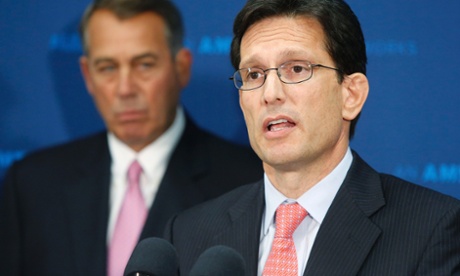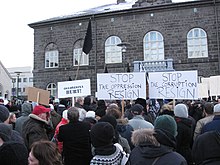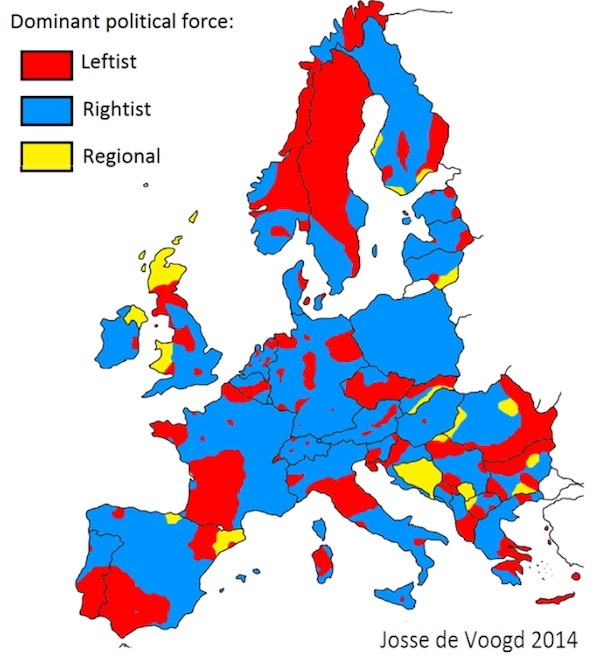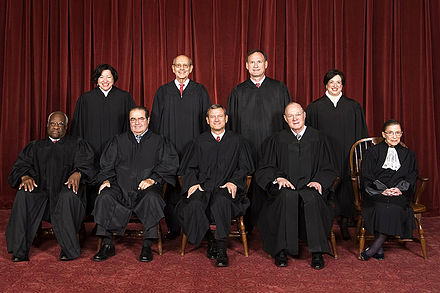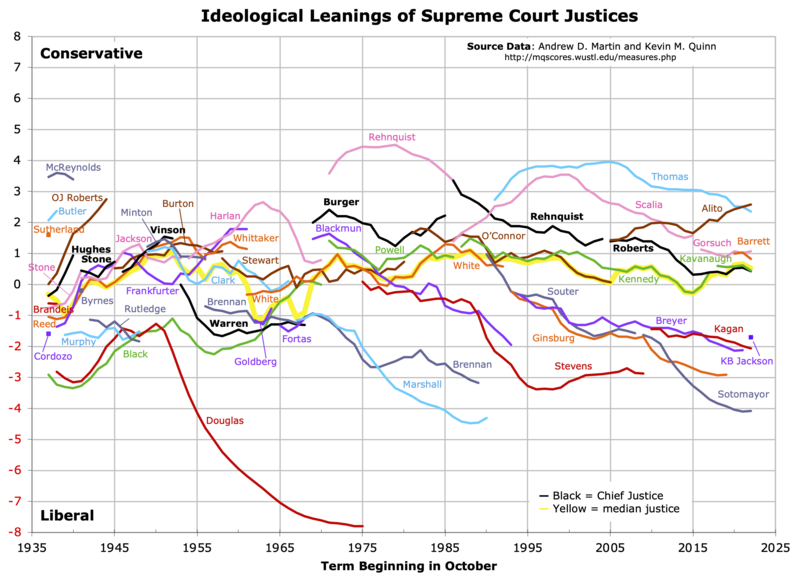By Sophie Nixon
Whole life sentence upheld by Appeal Court,
overturning European decision.
What were the cases about?
But the court replaced the whole life tariff for three other
serious offenders:
Danilo Restivo, who mutilated his neighbour in Bournemouth
and was found guilty of another murder in Italy, was told he would receive a
40-year minimum term.
Two other rapists were given minimum terms to replace their
whole life tariffs.
The Lord Chief Justice, Lord Judge, said it was highly
unlikely any of the men could ever be released because of the danger they posed
to society.
What was the judgement?
Lord Judge said that Parliament had clearly legislated to
allow judges to hand down whole life sentences without the possibility of
release - and that the European Court had already accepted it could not
intervene.
The
Lord Chief Justice and four judges said jail without the possibility of release
should be "reserved for the few exceptionally serious offences". He
said judges must be convinced those sentenced to whole life need to be held
forever for punishment and retribution. The judgement effectively sends a
signal to the Strasbourg judges that the courts in England and Wales are
content that whole life tariffs are justified and that the power to jail
someone forever should not be overturned.
What was the impact (if any)?
The Court of Appeal has upheld the principle of
whole life sentences for the most dangerous of offenders, saying it does not
breach human rights.
The
power to imprison someone forever is reserved for offenders judged to be the
most dangerous to society and currently applies to 46 people in jail. Other
life term prisoners can be released on licence if they can prove they are no
longer a risk to society.
One of the strongest arguments
for the whole-life tariff is that even the serial killer at the
centre of a landmark ruling, argued that he should die in jail for his crimes.
Ian McLoughlin, who has killed on three separate occasions, told the court the
family of his latest victim “deserves to know I will never be released”.
One
of the strongest arguments against the whole-life tariff
came in a disturbing letter a prisoner wrote a few months after he was
sentenced to life.
"I
am sitting in the segregation unit and have been for a number of weeks. I was
involved in a stabbing (not fatal) on the wing. You see how I can admit in a
letter to an offence as serious as that. It's because the judge when he sentenced
me to natural life gave me an invisible licence that said that I can breach any
laws I want, no matter how serious, and the law can't touch me. I'm above the
law. I said to the governor, don't waste any money on investigations, just give
me another life sentence for my collection. They don't mean anything any
more."
Why is it important for a politics student to know?
There are two differing opinions as to whether the
introduction a whole-life tariff goes against the European convention on Human Rights.
Lord Thomas, the Lord Chief Justice, heading a panel of five
appeal judges, said whole-life tariffs were “entirely compatible with the
European Convention on Human Rights”. He added: “Judges should therefore
continue as they have done to impose whole-life orders on the rare and
exceptional cases which fall within the statutory scheme.”
However, British appeal judges have directly contradicted
the European human rights court and backed “life means life” sentences for the
most heinous murderers.
Also lawyers argue that it is an
infringement of article three of the European convention on human rights, which
gives protection against "inhuman and degrading treatment". That case
was heard at the first chamber of the European court. After it was rejected,
lawyers applied to the grand chamber, which granted a rare appeal. If the
appeal succeeds, ministers would have to create a system of examining
whole-life criminals at regular intervals to see if they are safe to let out.
At the moment, the assumption is they will simply die in prison.





